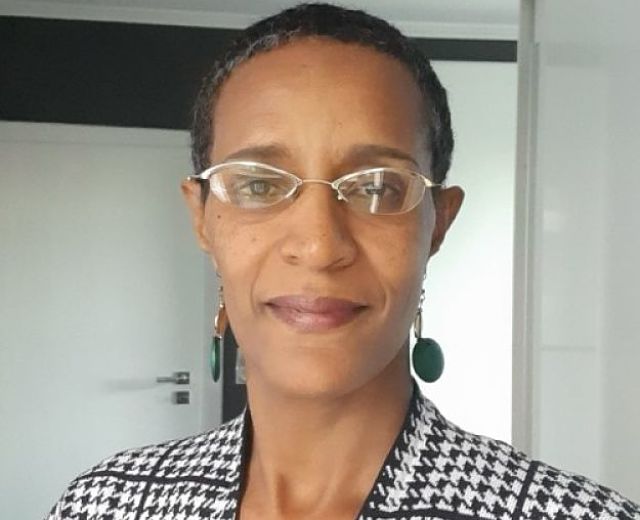 Columbia Journalism Review spoke with Tsedale Lemma, the Addis Standard’s editor in chief and founder, about the Ethiopian press, international coverage of the nation, and Abiy Ahmed. The interview has been edited for clarity and length. (CJR)
Columbia Journalism Review spoke with Tsedale Lemma, the Addis Standard’s editor in chief and founder, about the Ethiopian press, international coverage of the nation, and Abiy Ahmed. The interview has been edited for clarity and length. (CJR)
Columbia Journalism Review
The landscape for journalists has shifted a lot in recent years—from heavy censorship to liberalization under Ahmed to a reversion. How is Addis Standard navigating that shifting terrain?
Previously our struggle was what we call a “vertical struggle” against a repressive state. But since Ahmed came, that struggle has changed in dynamics. Now it is not only with the government, which is folding on its own promises, but also interest groups. Political parties, civil societies, even religious organizations and private individuals have been empowered. Those interest groups want to influence the media too. So the struggle now is both horizontal and vertical.
What do you make of journalists being arrested again and communications blackouts being imposed?
So little has changed. The government continues to own and operate so many powerful media outlets. They get unfiltered access from the government. The independent media continues to struggle to assert our own editorial independence and get equal access to information. We have to rely on how the government media packages the narrative. We just take it from them, and we have so little room to scrutinize, to investigate.
In 2019, Ahmed was praised on the international stage after winning the Nobel Prize. What did that coverage miss?
There was a lot of hysteria, a lot of enthusiasm and happiness around the Peace Prize. That is how the international media functions. There is little room for historical reading of political events in the country and little room to actually look at where the local media—those who have relatively been or are independent, such as Addis Standard—are.
For example, the peace agreement with Eritrea. We’ve been publishing strong-worded editorials that point out this peace deal wasn’t really what the world wanted to see in it. But the world wants to see what the world wants to see.
Recently, you’ve been featured by Al Jazeera, the New York Times, and the BBC, among other international outlets. Is global news coverage now embracing the voices of local Ethiopian journalists more?
The international media is confronted with a reality that we have been trying to highlight for a while. They’re reporting on the prime minister based on his words and based on his actions now. I think there is this moment of reckoning. People are seeing through him for what he’s doing. The period of infatuation seems to have come to a screeching halt.
And the government, not being used to it, are a bit upset. That’s why you see it creating its own fact-checking social media sites, trying to wrestle the narrative back.
Read the full interview at Columbia Journalism Review »
—
Join the conversation on Twitter and Facebook.

























